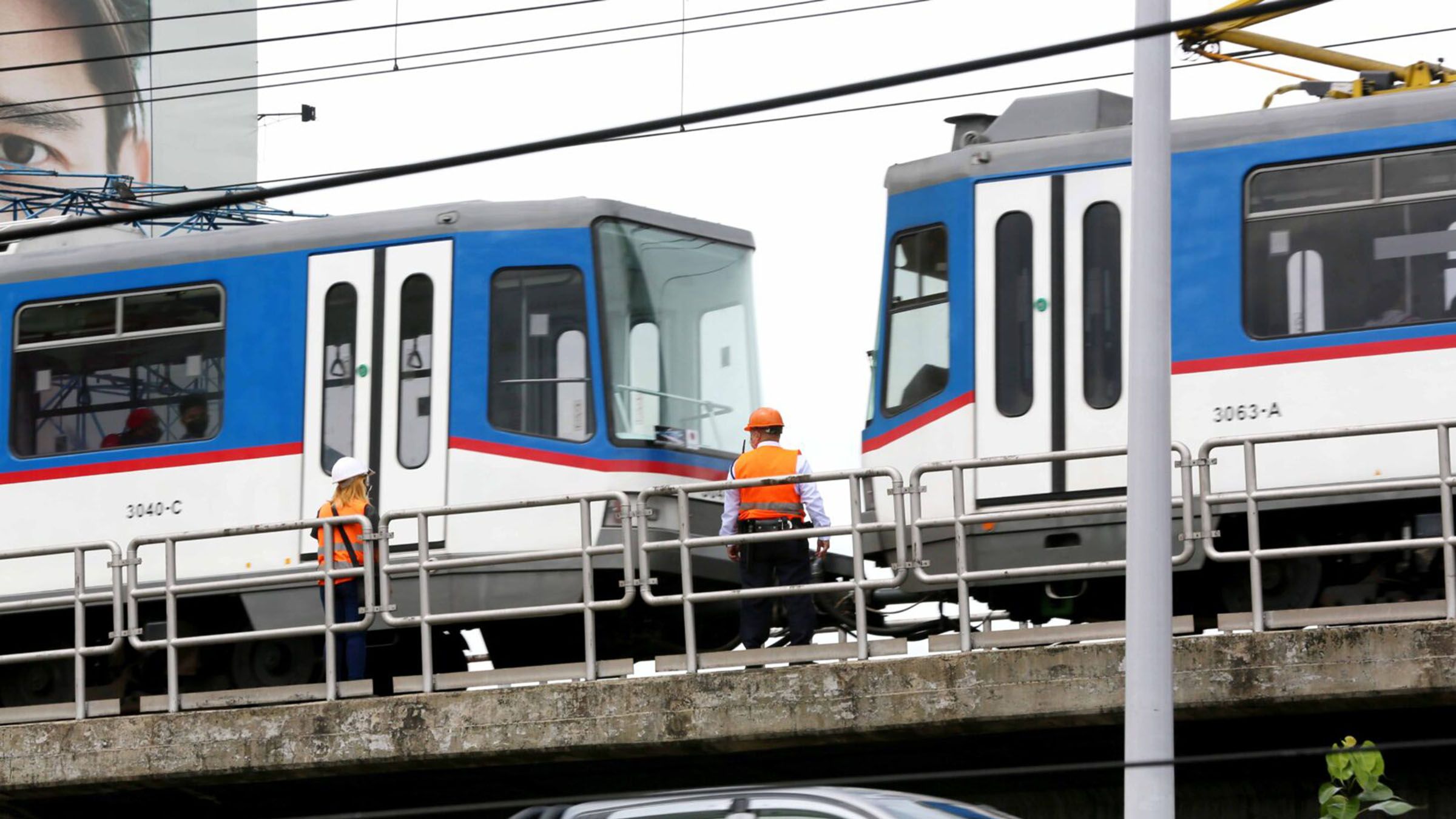The Supreme Court rejected the appeal of MRT 3 operators for the issuance of an injunction to DoTr for allegedly violating the agreement. Also, the court pointed out this case does not raise any constitutional issues.
The Supreme Court (SC) rejected the appeal of the private operators of the Metro Rail Transit (MRT) 3 System seeking an injunction against the Department of Transportation (DoTr) from procuring 48 new light-rail vehicles (LRVs) for MRT-3 from another supplier amounting to ₱3.76 billion.
In an 11-page resolution made public last October 14, the Supreme Court's Third Division affirmed the ruling issued by the Court of Appeals last July 19, 2016, which upheld the February 20, 2014 order by the Regional Trial Court of Makati City denying the prayer for the issuance of a writ of a preliminary injunction filed by the Metro Rail Transit Corporation (MRTC) and Metro Rail Transit Holdings II Inc. against the DOTr, Manila Standard reported.
The petitioners claimed that they are entitled to the issuance of the injunction since the situation is extremely urgent and concerned a constitutional issue that was referred to the SC as specious.
The petitioners also argued that the non-issuance of the injunction will cause MRTC, MRTH II, and the riding public grave and irreparable injury and that DOTr’s actions are tantamount to a deprivation of property without due process of law.
In line with this, the petitioners insisted that it had not waived its right of first refusal under the 1997 Build-Lease-Transfer (BLT) Agreement with the DOTr when it failed to reply to the latter’s letter dated December 19, 2007, informing them of its intention to procure refurbished LRVs and inquiring as to whether they would be exercising their right of first refusal to supply LRVs.
However, the SC agreed with the Court of Appeals and the trial court’s decisions that the latter is prohibited from issuing an injunction as the relief being sought by the petitioners “falls within the proscription mandated by Republic Act No. 8975.”
The Republic Act No. 8975 prohibited lower courts from issuing temporary restraining orders, preliminary injunctions, or preliminary mandatory injunctions, providing penalties for violations thereof, and for other purposes.
“Here petitioners have failed to substantiate their bare allegations that they have suffered grave injustice or irreparable injury involving their constitutional rights,” the SC said.
The SC pointed out that the case does pose any constitutional issue since the DOTr and the petitioners are merely contractual and their dispute entails “adjudication of contractual rights.”
“Neither have petitioners proved that MRTC stands to suffer some grave and irreparable injury. While the Court understands the petitioners’ concerns, there is still no basis for the issuance of a WPI because, as explained by the CA, it can be compensable through the award of damages. As the damages alleged by them can be quantified, it cannot be considered as ‘grave and irreparable injury as understood in law,” the SC explained.
“All told, the CA correctly affirmed the RTC’s denial of the petitioners’ petition. We deem it best to refrain from ruling on the contractual dispute concerning petitioners and the DOTr since the same should be threshed out and litigated in the appropriate proceedings between them,” it added.
To protect their rights while arbitration between them and the DOTr for allegedly breaking the 1997 BLT agreement is proceeding, the petitioners asked for an injunction as a temporary solution.
The dispute over whether the private owners of the MRT may still use their right of first refusal to prevent the government from finalizing a third-party supply deal with Dalian is expected to be resolved through arbitration.
The petitioners pointed out that the DOTr’s procurement of LRVs from Chinese firm CNR Dalian Locomotive and Rolling Stock, Limited (Ltd.) is in contrast to the principle of having a single point of responsibility, which covers the construction, operation, and maintenance of MRT.
The petitioners further stressed that the riding public would be exposed to significant risks of train collisions and fatalities if the new LRVs were permitted to operate without the necessary modifications and system upgrades.
Further, the Court of Appeals ruled that the petitioners' justifications were "self-serving and uncorroborated" by independent witnesses.
Tags: #SupremeCourt, #DoTr, #CourtofAppeals
